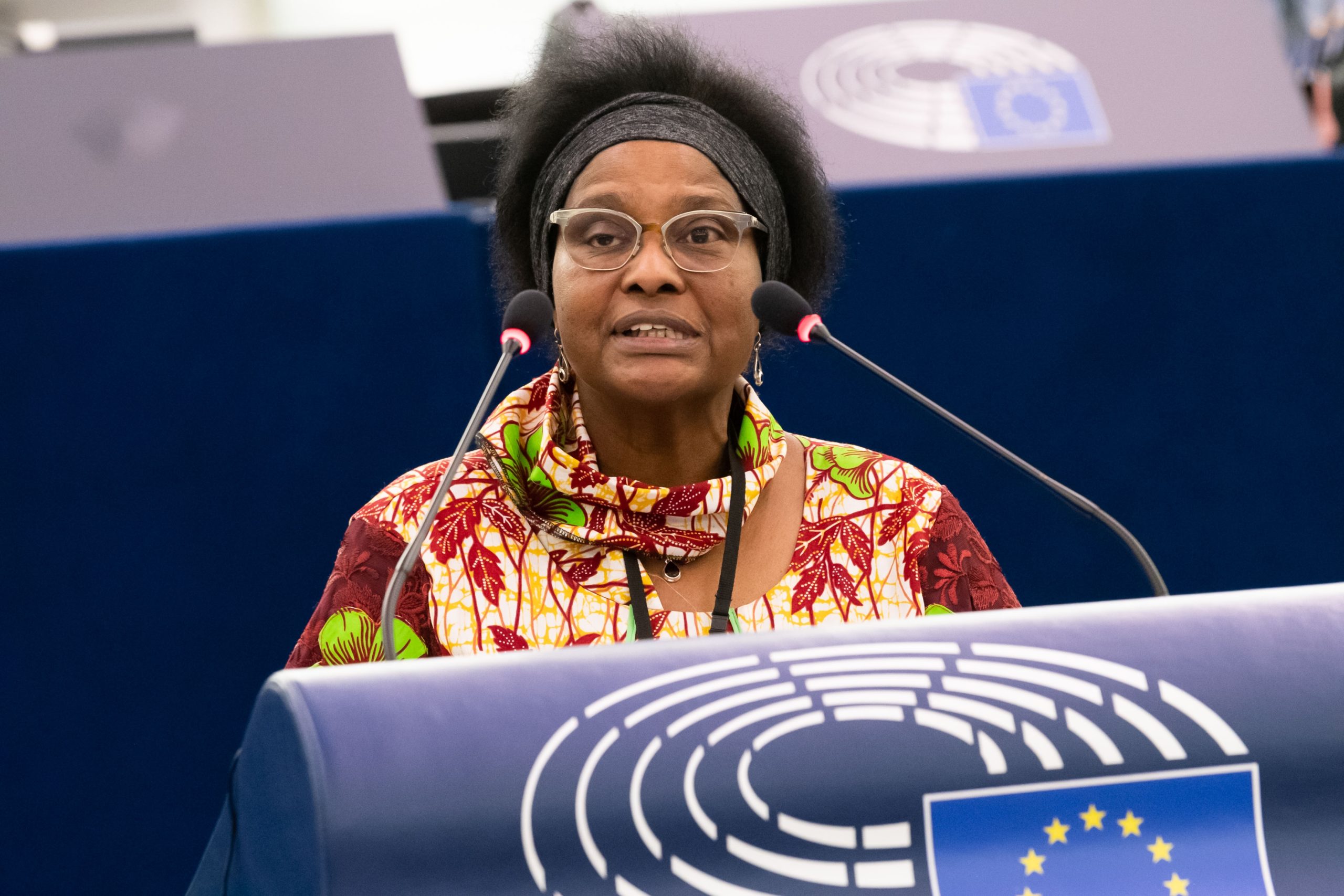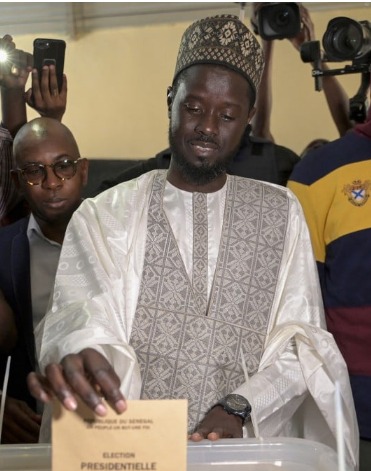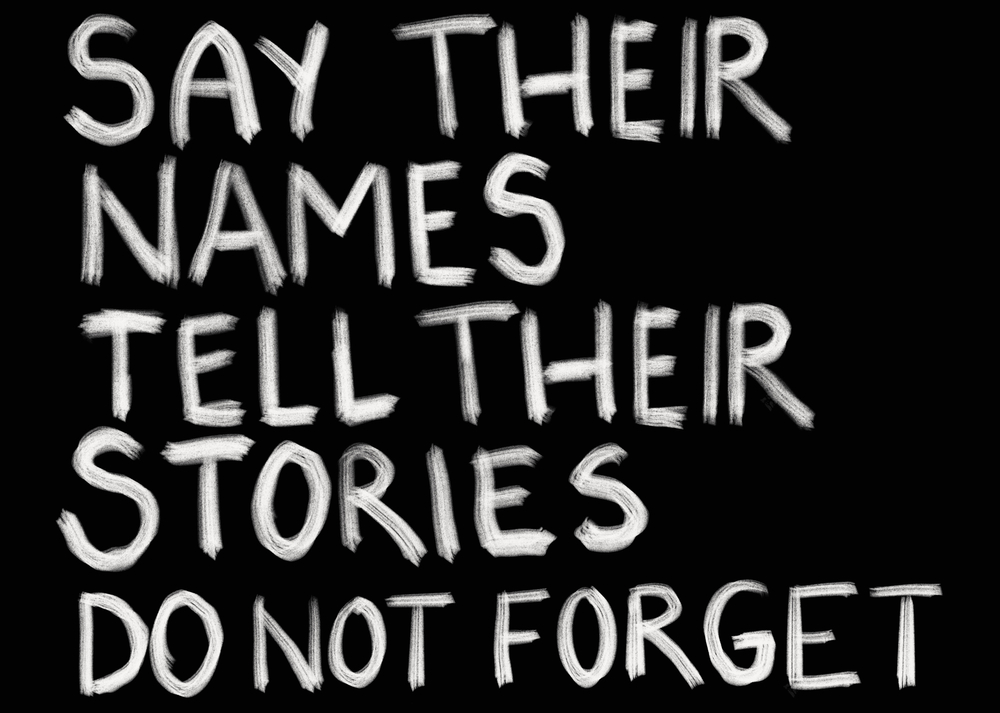In seiner Rede vor dem Europäischen Parlament am 19. Januar 2022 erklärte der französische Präsident Emmanuel Macron, dass Europa die Pflicht habe, dem afrikanischen Kontinent ein neues Bündnis anzubieten. Die Schicksale der beiden Seiten des Mittelmeers sind miteinander verbunden. Zu einer Zeit, in der das Post-Cotonou-Abkommen eine Periode der Erneuerung der interkontinentalen Partnerschaft einleitet, ist die Entwicklung eines modernisierten Konzepts für die afrikanisch-europäische Allianz unerlässlich. Diese Wende wird dem gemeinsamen Willen dienen, einen nachhaltigen und gemeinsamen Wohlstand zu fördern.
Das Gipfeltreffen zwischen der Afrikanischen Union und der Europäischen Union ist ein wichtiger Meilenstein bei der Neudefinition unserer Beziehungen und eine Gelegenheit, die Landwirtschaft in den Mittelpunkt der von unseren Regierungen getragenen Projekte zu stellen. Da sich die Europäische Union entschlossen dazu verpflichtet hat, auf dem afrikanischen Kontinent von einer Logik der Entwicklungshilfe zu einer Logik der Investitionen überzugehen, ist es höchste Zeit, die konkreten Anwendungen des Aufbaus einer gleichberechtigten Partnerschaft zwischen Afrika und Europa zu messen.
Die wirtschaftlichen und sozialen Asymmetrien, die die beiden Kontinente kennzeichnen, dürfen jedoch nicht vergessen werden. Die letzte von der Weltbank im Jahr 2020 veröffentlichte demografische Studie erinnert uns daran, dass in Subsahara-Afrika 58% der Bevölkerung in ländlichen Gebieten leben, die allzu oft mit einer fast endemischen Armut kämpfen. Die Fähigkeit unserer Politiker, eine ehrgeizige Strategie zur Förderung der landwirtschaftlichen Entwicklung zu entwickeln, wird für die Beseitigung des Hungers entscheidend sein, wenn 2019 82% der armen Menschen auf dem Kontinent in ländlichen Gebieten leben werden. Angesichts dieser Realitäten muss die afrikanisch-europäische Partnerschaft der Konsolidierung nachhaltiger Agrarsysteme Vorrang einräumen.
Die Landwirtschaft ist in der Tat die wichtigste Einkommensquelle für die ländlichen Gebiete Afrikas, und landwirtschaftliche Unternehmen spielen eine wesentliche Rolle bei der Bindung der Bevölkerung, indem sie lokale Berufsmöglichkeiten bieten. Jüngste Prognosen der Vereinten Nationen sagen voraus, dass der afrikanische Kontinent bis 2050 von 1 auf 2,4 Milliarden Menschen anwachsen wird, wobei die Hälfte der Bevölkerung dann unter 25 Jahre alt sein wird. Ob die afrikanische Wirtschaft in der Lage sein wird, die Millionen von Neuankömmlingen auf dem Arbeitsmarkt zu absorbieren, hängt weitgehend davon ab, ob es uns gelingt, jetzt einen echten Plan für die ländliche Entwicklung umzusetzen. Dieser Plan ist eine Grundvoraussetzung für die Erreichung der UN-Ziele für nachhaltige Entwicklung bis 2030, zu denen auch die Förderung von produktiver Vollbeschäftigung und menschenwürdiger Arbeit für alle gehört. Die Vorteile in Bezug auf die Schaffung von Arbeitsplätzen, das territoriale Gleichgewicht und die Ernährungssicherheit rechtfertigen massive Investitionen in den Agrarsektor vor dem Hintergrund, dass Afrika nach jüngsten Schätzungen der FAO 60% des weltweiten unbebauten Ackerlandes beherbergt.
Zu diesem Zweck ist die europäische Unterstützung für die transformativen Initiativen der afrikanischen Landwirte unerlässlich, um den Weg zu nachhaltigen Agrar- und Lebensmittelsystemen zu ebnen. 2018 trat die Task Force Ländliches Afrika zusammen, um eine afrikanisch-europäische Agenda für ländliche Transformation vorzuschlagen, nach deren Abschluss ein Bericht erstellt wurde, der als Grundlage für den Dialog zwischen afrikanischen und europäischen Interessenvertretern aufgewertet werden sollte. Zu den Empfehlungen gehören die Einrichtung von Innovationszentren zur Unterstützung der Entwicklung einer afrikanisch-europäischen Plattform für Junglandwirte und die Beschleunigung der Finanzierung von Projekten im Zusammenhang mit Ernährung und dem Kampf gegen den Klimawandel. All dies sind Vorschläge, die im Rahmen der Umstrukturierung der afrikanisch-europäischen Partnerschaft weiter verfolgt werden müssen.
Die Europäische Union befindet sich in einer entscheidenden Phase für die Zukunft ihres Agrar- und Lebensmittelsektors. Mit ihrer Strategie „vom Bauernhof auf den Tisch“ (Farm to Fork), die im Mittelpunkt des Grünen Pakts für Europa steht, fördert die Europäische Union die ökologische Landwirtschaft und hebt ihre Nachhaltigkeitskriterien auf ein immer höheres Niveau. Heute teilen Europäer und Afrikaner das gemeinsame Streben nach Produkten aus einer verantwortungsvollen Landwirtschaft. Dieses Ziel kann nur durch gemeinsame Anstrengungen erreicht werden: vom Erzeuger bis zum Einzelhandel; so muss die gesamte Wertschöpfungskette ihre Rolle spielen, um eine gemeinsame Verantwortung zu schaffen. Die kürzlich von mehreren europäischen Ländern ins Leben gerufene Initiative für nachhaltigen Kakao, an der Unternehmen der Kakaokette, Gewerkschaften, NGOs und Einzelhändler beteiligt sind, ist ein gutes Beispiel dafür. Solche Projekte, die alle Beteiligten einbeziehen, um auf einen faireren und gerechteren Handel hinzuarbeiten, sollten vermehrt und auf einzelne Branchen ausgedehnt werden, um die afrikanisch-europäische Zusammenarbeit konkret nutzbar zu machen.
Um die Schlussfolgerung des Berichts der Vereinigung Agriculteurs français et développement international (Afdi) über die Landwirtschaft in unseren interkontinentalen Beziehungen zu zitieren: „Die Konsolidierung der Partnerschaft zwischen Europa und Afrika kann nicht ohne eine echte Berücksichtigung der ländlichen Bevölkerung und der gemeinsamen Herausforderungen im Bereich der Ernährung erfolgen“. Nun, da diese Feststellung getroffen wurde, ist es an der Zeit, gemeinsam starke Verpflichtungen für eine nachhaltige Landwirtschaft als gemeinsame Grundlage für Wohlstand einzugehen.




